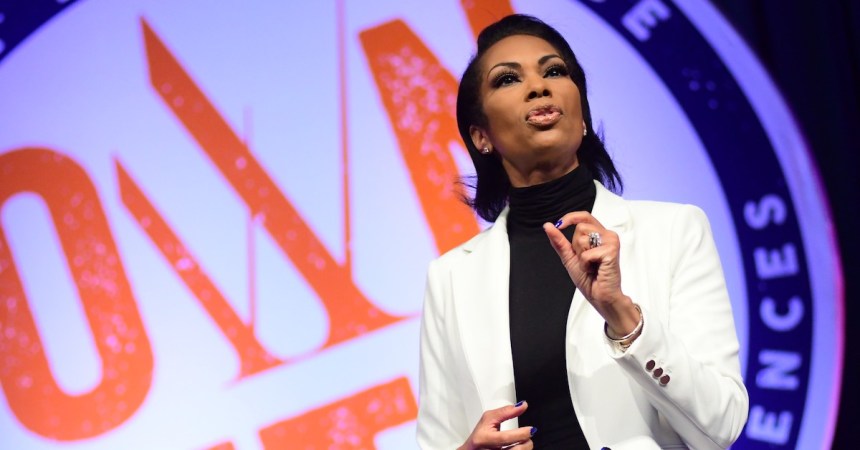When you think of badass U.S. Presidents, you likely aren’t thinking of Herbert Hoover. In fact, he’s probably very low on your list of presidential badassery, right there with James Buchanan, Millard Fillmore, and Chester A. Arthur.
But what if you saw him and his wife fighting with the U.S. Army’s 9th Infantry, his wife brandishing a .38 Smith Wesson, to fight Chinese rebels trying to murder tons of foreigners?

Before he became President of the United States, Hoover was the general manager for the Chinese Engineering and Mining Corporation. He and his wife lived in China around the turn of the 20th Century and was generally well-regarded by the Chinese for his progressive views regarding their treatment.

But the Boxer Rebellion soon broke out in 1900, a semi-spiritual effort to rid China of foreigners, often by ridding their heads of their bodies. It spread from sporadic acts of violence against Western influence to a full-on peasant uprising. That’s when the Chinese Empress Dowager Tsu’u Hzi declared war on all foreign nations at the same time.
Good call, lady.
The powers allied against China included France, Germany, the British Empire, the United States, Russia, Italy, Austria-Hungary, and Japan, who mobilized a multi-national force (called the Eight-Nation Alliance) to protect foreign interests and recuse the besieged foreign legations and citizens around the country.
The Hoovers were in Tianjin, and they were ready for the Boxers.

For a month, Hoover and his wife – along with the rest of the city – resisted the siege of Tianjin. Future First Lady of the United States, Lou Henry Hoover, defended herself with a Smith Wesson .38 caliber pistol while traveling from the battlefield to the hospital.

Initially, the Hoovers enlisted the 800 other Westerners and Chinese Christians (also a target of the Boxers) to maintain a defense of the west end of Tianjin. They reinforced the area with bags of grain and sugar while arming U.S. Marines and sailors who happened to be there.
Hoover was known to have rescued Chinese children caught in the crossfire during the street-to-street fighting. Both Hoovers did duty manning the barricades. It’s not known if the Hoovers — devout pacifist Quakers — actually killed anyone, but they did keep the Boxers from doing it.

The beginning of the end came as the multinational relief column — including the U.S. Army’s 9th Infantry Regiment, to this day known as the “Manchus” — arrived in Tianjin. Hoover himself led U.S. Marines, along with columns of British, French, and Japanese troops around the city. His knowledge of the area and its terrain was critical to their success there.
Later, biographer David Bruner recalled Mrs. Hoover’s account of her time in his book, Herber Hoover: A Public Life. She said she “had a splendid time during the Boxer Rebellion and would not have missed it for anything.”
Tianjin was the bloodiest battle of the entire Boxer Rebellion.










